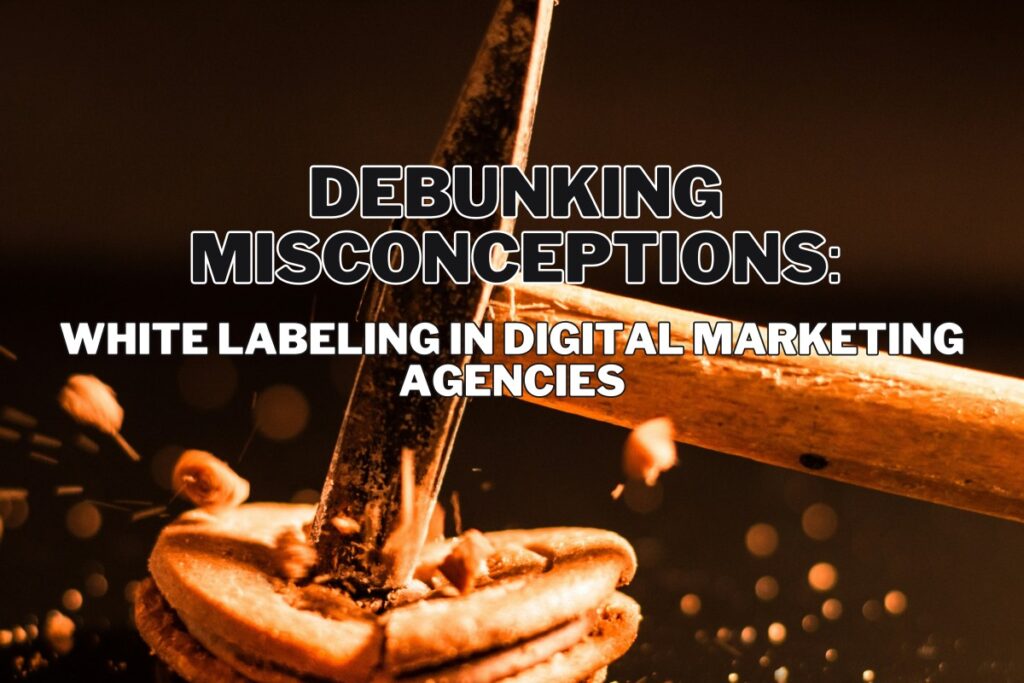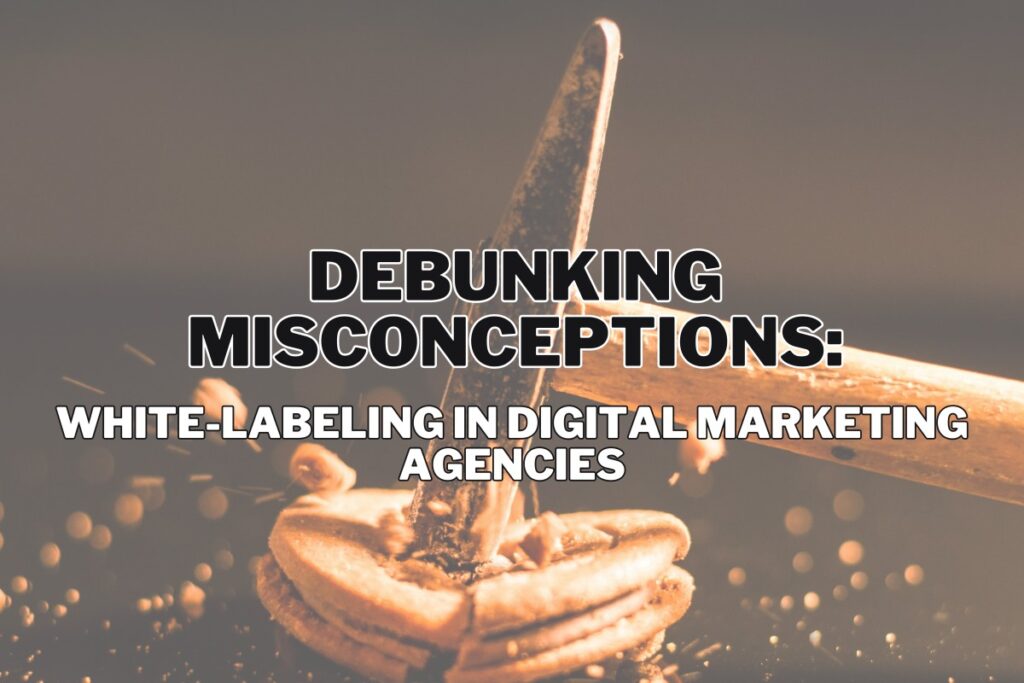
Nowadays, digital marketing agencies are constantly seeking ways to streamline operations, increase efficiency, and deliver exceptional results for their clients.
One strategy that has gained popularity in recent years is white labeling or outsourcing digital marketing tasks to external partners, such as the Philippines.
However, despite its potential benefits, white labeling is often plagued by misconceptions that can deter agencies from fully embracing this approach.
In this article, we’ll debunk some of the most common misconceptions about white labeling and highlight the truths behind this valuable strategy for digital marketing agencies.
Misconception #1: White Labeling Compromises Quality
One of the most prevalent misconceptions about white labeling is that it compromises the quality of the services delivered to clients. Some agencies fear that outsourcing tasks to external partners, especially those located in countries like the Philippines, may result in subpar work and tarnish their reputation.
However, this misconception overlooks the fact that reputable white-label providers in the Philippines often employ highly skilled professionals with extensive experience in digital marketing.
By partnering with a trusted white-label provider, agencies can ensure that the quality of work remains consistently high and meets the expectations of their clients.
Misconception #2: White Labeling Leads to Loss of Control
Another common misconception about white labeling is that it leads to a loss of control over the projects and client relationships.
Agencies may fear that outsourcing tasks to external partners will result in a lack of transparency, communication issues, and ultimately, loss of control over the outcomes.
However, this misconception fails to acknowledge that effective white-label partnerships are built on clear communication, collaboration, and mutual trust.
Agencies can maintain control over their projects by establishing clear expectations, setting deadlines, and providing regular feedback to their white-label partners.
With open lines of communication and effective project management, agencies can ensure that their projects stay on track and meet their clients’ needs.
Misconception #3: White Labeling is Only for Small Agencies
Some agencies mistakenly believe that white labeling is only suitable for small agencies with limited resources and capabilities.
They may assume that larger agencies with in-house teams and established reputations have no need for white-label services.
However, this misconception overlooks the fact that white labeling can benefit agencies of all sizes, from small startups to large enterprises.
White labeling allows agencies to scale their operations, expand their service offerings, and take on more clients without the need for extensive hiring or training efforts.
By leveraging white-label services, agencies can focus their resources on core competencies, such as strategy development and client relationships, while outsourcing non-core tasks to trusted partners.
Misconception #4: White Labeling is Cost-Prohibitive
Another common misconception about white labeling is that it is cost-prohibitive and may not be financially viable for agencies, especially smaller ones.
Some agencies may assume that outsourcing tasks to external partners will result in higher costs and eat into their profit margins.
However, this misconception fails to consider the potential cost savings and efficiencies that white labeling can offer.
By outsourcing tasks to countries like the Philippines, where labor costs are lower, agencies can reduce their overhead expenses and increase their profitability.
Additionally, white labeling allows agencies to avoid the costs associated with hiring and training in-house staff, such as salaries, benefits, and overhead costs.
Misconception #5: White Labeling is Ethically Questionable
Some agencies may have ethical concerns about white labeling and view it as a questionable practice that involves passing off the work of others as their own.
They may worry that white labeling is deceptive and goes against the principles of transparency and integrity. However, this misconception fails to recognize that white labeling is a common and widely accepted practice in many industries, including digital marketing.
White-label partnerships are built on trust, transparency, and mutual benefit, with both parties fully aware of their roles and responsibilities.
By partnering with reputable white-label providers who uphold high ethical standards, agencies can ensure that their partnerships are based on integrity and honesty.
Final Words
In conclusion, white labeling is a valuable strategy for digital marketing agencies looking to streamline operations (ie. SEO and PPC), increase efficiency, and deliver exceptional results for their clients.
By debunking common misconceptions about white labeling and embracing the truths behind this approach, agencies can unlock new opportunities for growth and success in the competitive digital marketing landscape.

